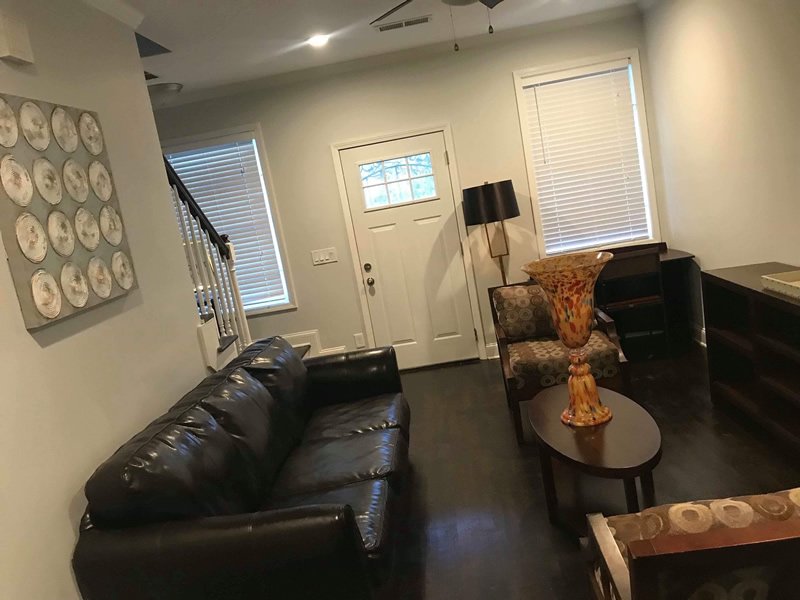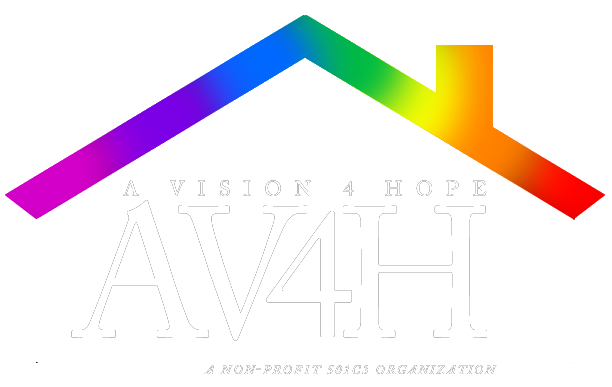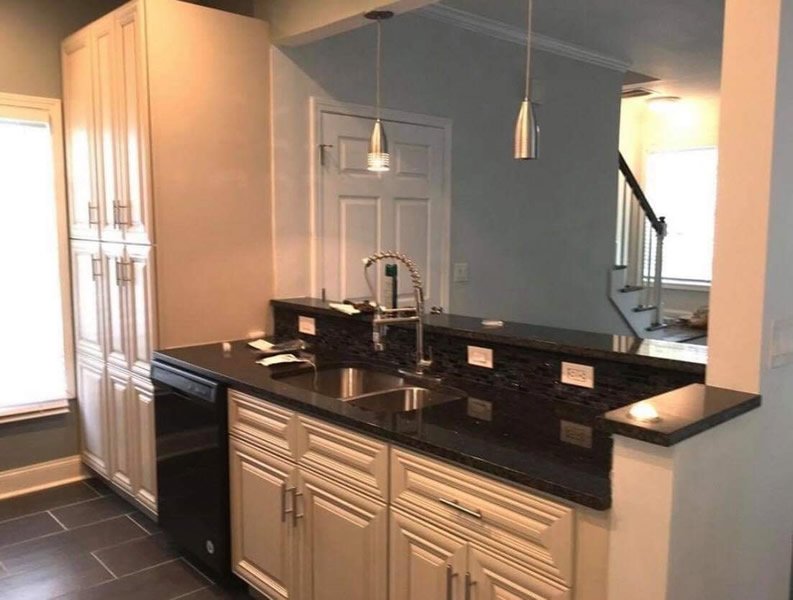
Patient Care Housing
AV4H (Hope360) Patient Care Housing provides a safe, stable, caring, supportive and family style environment for YMSM homeless individuals 18 years of age and older that are living with HIV/AIDS. The program is designed to help prepare residents to cope with their HIV status and transition successfully to independent living and permanent housing. Residents benefit from continuous case management, individual and group therapy, HIV-101 and substance abuse education. The immediate goals are to provide stability and increase skills that will promote success in a permanent housing placement. These support programs serve as a catalyst to help individuals rise above homelessness, find stability, and move toward independence. Individuals must submit an application, recent TB test, (within the last 30 days), and proof of a positive HIV test from a physician or medical clinic as well as submit an affidavit of homelessness from a homelessness service provider. Once enrolled in HOPE360, our staff works closely with other agencies to provide appropriate care without duplication of services.
Many clients have co-occurring disorders, including mental health and substance abuse issues. Others suffer from poor nutrition and physical disabilities. Additionally, local stigma around HIV status has impacted the great majority of our clients, often leading to homelessness, the loss of a job, dismissal by their chosen faith community and other social issues. All programs coordinate to combat the negative effects of stigma while addressing complex needs of each client.
Stable housing allows persons living with HIV/AIDS to access comprehensive healthcare and adhere to complex HIV/AIDS drug therapies. The Centers for Disease Control and Prevention (CDC) estimates that more than one million Americans are living with HIV/AIDS. Throughout many communities, persons living with HIV/AIDS risk losing their housing due to compounding factors, such as increased medical costs and limited incomes or reduced ability to keep working due to related illnesses.
An estimated 750,000 persons are homeless in the U.S. each night, sleeping in shelters or on the streets, and a quarter of these persons can be considered chronically homeless, which, according to HUD’s definition, means they are homeless for long periods or repeatedly, and have a disability such as HIV/AIDS.


